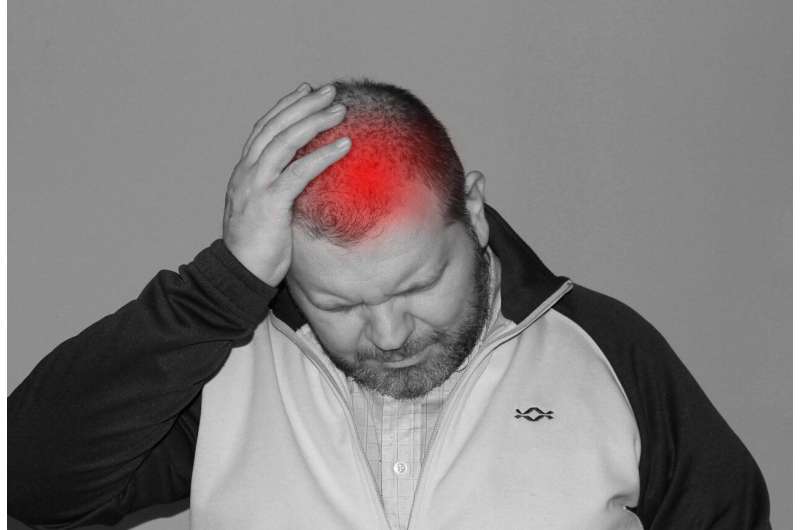
Vestibular symptoms, including dizziness and vertigo, are associated with an increased risk for migraine, according to a study published online June 30 in Frontiers in Neuroscience.
Tongxiang Diao, Ph.D., from Peking University in Beijing, and colleagues examined the association between different vestibular symptoms and migraine and nonmigraine headaches using a questionnaire to survey nurses in a tertiary hospital. A total of 708 individuals were categorized into three groups: no headache, migraine, and nonmigraine headache. Among the groups, general physical condition and incidence of different vestibular symptoms was compared.
Of the individuals, 233 (28.7 percent) had headaches, including 94 cases of migraine (13.3 percent); 235 cases had vestibular symptoms. The researchers found that independent factors related to headache, especially migraine, included dizziness and vertigo. In the vertigo group, the risks for migraine and other types of headaches were 2.808 and 2.526 times that of the nonvertigo group, respectively, while the risks in the dizziness group were 8.248 and 5.732 times that of the nondizziness group, respectively.
“Different vestibular symptoms were all closely related to migraine, among which dizziness and vertigo were both significantly related. Compared with patients with vertigo, patients with dizziness were more likely to be accompanied by migraine,” the authors write. “This suggested that when diagnosing vestibular migraine according to current criteria, some patients with nonvertigo vestibular symptoms might be missed.”

